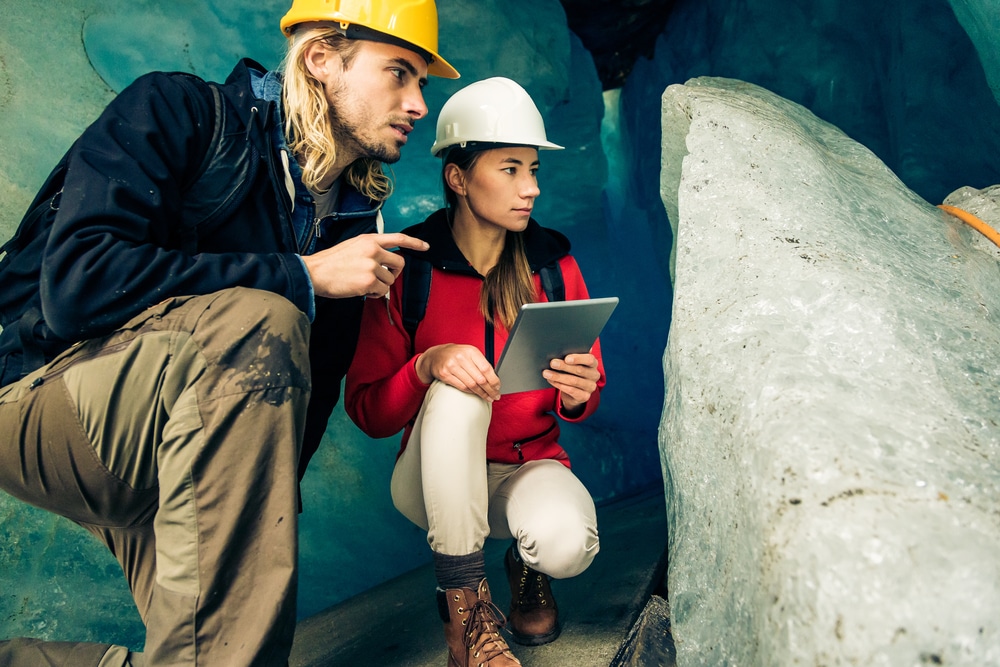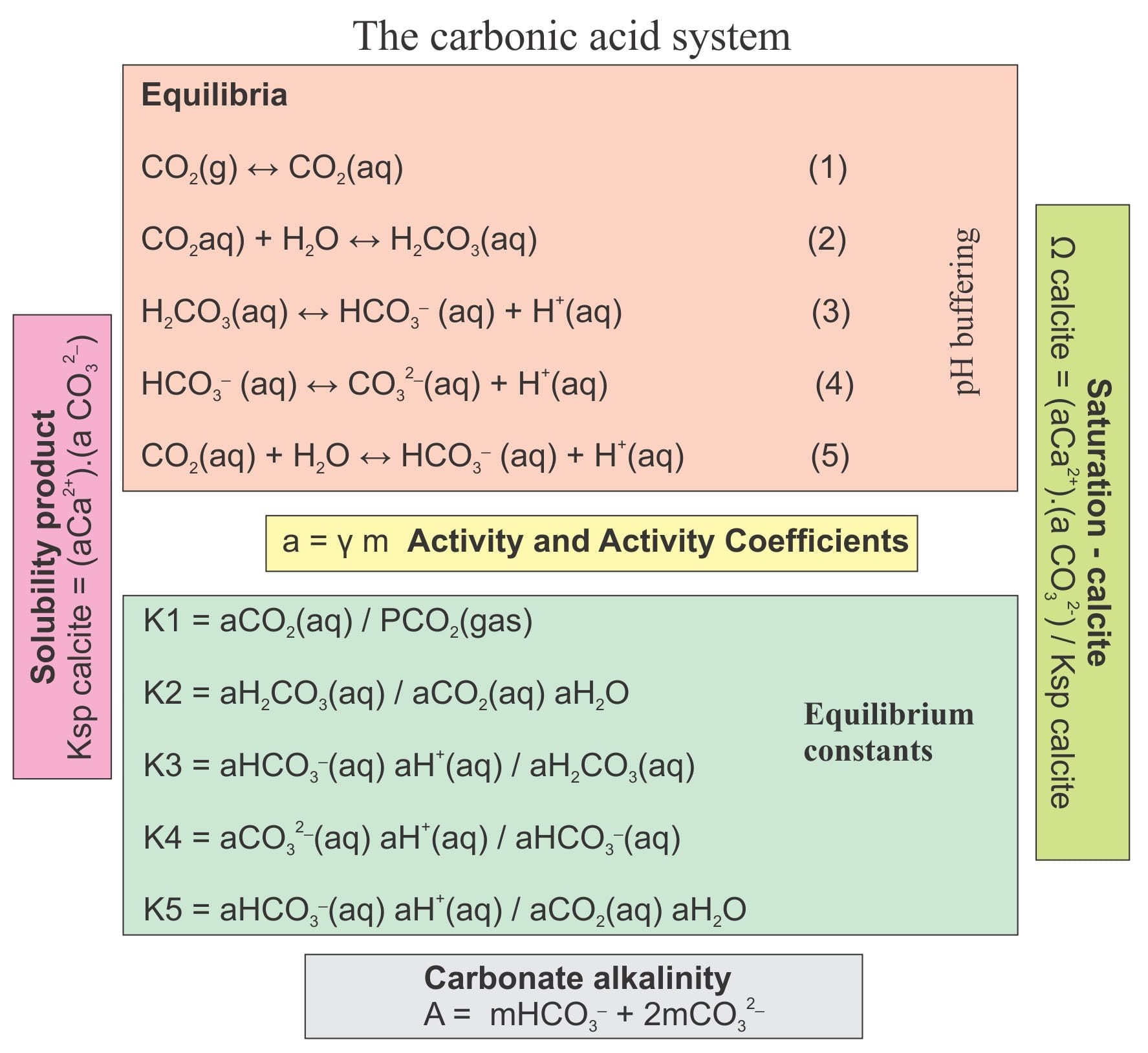Digging Deep: Is Geochemistry A Degree Worth Exploring?
Where Rocks and Reactions Collide
Ever held a rock and wondered, “What’s your story?” That’s essentially what geochemists do, but on a grand scale. They’re the detectives of the Earth, blending geology and chemistry to uncover the planet’s secrets. So, can you actually get a degree in this? You bet. It’s a specialized field, a real mix of outdoor adventure and intense lab work. Think of it as decoding the planet’s history, one chemical element at a time. You’re not just looking at rocks; you’re deciphering the very processes that shaped our world.
Your academic journey will be a wild ride, covering everything from mineral identification to understanding how isotopes work. You’ll spend plenty of time in labs, using impressive machines to analyze samples, and maybe even head out into the field to collect your own data. It’s a balance of brainpower and hands-on experience, kind of like being a scientist and an explorer at the same time. And let’s be honest, who wouldn’t want to tell people they analyze ancient rocks for a living?
The beauty of a geochemistry degree is how versatile it is. You’re not just learning about rocks; you’re gaining a deep understanding of chemical reactions, how the environment works, and the planet’s timeline. This knowledge can take you in so many directions, from solving environmental problems to managing natural resources or even studying climate change. It’s the kind of degree that lets you make a real difference. Imagine helping to figure out how to combat climate change or finding new sources of vital minerals. Not too shabby, right?
And if you’re into the dramatic side of things, consider how geochemists help us understand major Earth events. From massive volcanic eruptions to asteroid impacts, they piece together what happened and try to predict what might happen next. It’s like being a historian, but instead of old books, you’re reading the Earth’s own geological record. It’s a field that needs curious minds, sharp analytical skills, and a genuine love for the planet. And, probably, a good pair of sturdy boots.

The Academic Grind: What’s a Geochemistry Degree Really Like?
Navigating the Curriculum and the Real World
Starting a geochemistry degree is like signing up for a grand adventure. You’ll begin with the basics, geology and chemistry 101, building a solid foundation. Then, you’ll dive into the specifics, like how rocks form and how water interacts with minerals. Each course is designed to give you the tools you need to tackle complex Earth-related problems. It’s like building a scientific toolbox, one class at a time.
The lab is where you’ll really get your hands dirty. You’ll be analyzing rock and mineral samples using things like X-ray machines and mass spectrometers. These tools help you figure out what things are made of and how old they are, giving you a peek into the Earth’s past. It’s learning by doing, a chance to see how the theories you learn in class apply to real-world samples. And, yes, you’ll get to play with some seriously cool gadgets.
And then there’s fieldwork, the part where you get to leave the lab and explore. You might find yourself hiking in mountains, exploring volcanoes, or even diving in the ocean to collect samples. These experiences let you see geological processes up close and gather data in the wild. It’s a chance to escape the classroom and connect with nature, kind of like a scientific expedition. Plus, you’ll get some amazing photos for your social media.
Beyond the regular classes, many programs offer research opportunities and internships. These experiences let you focus on what really interests you and get some real-world experience. You might work on a project related to climate change, cleaning up pollution, or finding new resources. It’s a chance to make a real contribution to science and build your professional network. And who knows, you might even stumble upon something groundbreaking.

Where the Jobs Are: What Can You Do With a Geochemistry Degree?
From Saving the Planet to Finding Resources
A geochemistry degree opens up a lot of career paths. You could end up working in environmental consulting, figuring out how pollution affects the environment. Or you might be involved in managing natural resources, helping to find and extract valuable minerals and energy. The possibilities are as varied as the Earth itself. It’s a field that offers both intellectual challenges and the chance to make a real impact.
In the environmental field, geochemists are crucial for understanding and cleaning up pollution. They analyze soil and water to find contaminants and come up with ways to fix the problems. It’s like being a doctor for the environment, diagnosing issues and providing solutions. And in today’s world, that’s a pretty important job.
The energy and mining industries also rely on geochemists. They help find and evaluate mineral and energy deposits, making sure things are extracted responsibly. It’s a balancing act between meeting the world’s needs and protecting the environment. And let’s be honest, discovering a new source of rare earth elements sounds pretty exciting.
Research and teaching are other options. You could work at a university or research lab, doing cutting-edge research and teaching the next generation of geochemists. It’s a chance to push the boundaries of knowledge and inspire others. And, yes, you get to wear a lab coat. That’s always a bonus.
Why Geochemistry Matters Today
Tackling Climate Change and Environmental Issues
In a world facing climate change and environmental problems, geochemistry is more important than ever. Geochemists are on the front lines of research, trying to understand and mitigate the effects of human activities on the planet. They study ice cores, sediments, and other geological records to reconstruct past climates and predict future changes. It’s like being a climate detective, piecing together clues to understand how the Earth’s climate system works.
Pollution is another big issue where geochemists are making a difference. They develop methods to clean up contaminated sites, assess how pollutants affect ecosystems, and monitor water quality. It’s a constant effort to protect our planet, and geochemists are leading the charge. It’s like being a superhero, but with a scientific toolkit instead of superpowers.
Using resources sustainably is also a major concern. Geochemists are working on new ways to extract and process minerals and energy, minimizing the impact on the environment. They’re also looking into alternative resources and developing ways to recycle and reuse materials. It’s a challenge to meet the world’s needs while protecting the planet, but geochemists are up for it. It’s like solving a complex puzzle, with the future of the planet at stake.
Plus, understanding the Earth’s past is key to preparing for the future. Geochemists study past events, like mass extinctions and major climate shifts, to learn how the planet reacts to stress. This helps us predict future environmental changes and come up with ways to adapt. It’s like learning from history, but on a geological timescale. And let’s face it, understanding a supervolcano is way more interesting than memorizing dates.
Your Geochemistry Questions Answered
Common Queries and Insights
Q: What do I need to study geochemistry?
A: You’ll need a solid background in high school chemistry and geology, and often math and physics. At the university level, you’ll start with introductory geology and chemistry courses. A genuine curiosity about the natural world and good problem-solving skills are also a must.
Q: Is geochemistry a tough subject?
A: Yes, it’s challenging. It requires a good understanding of both geology and chemistry, as well as strong analytical and problem-solving skills. But the rewards are huge. You’ll gain a deep understanding of the Earth and its processes, and you’ll be able to help solve some of the world’s biggest environmental problems. It’s a challenge worth taking on.
Q: How much money can I make with a geochemistry degree?
A: Salaries vary depending on your job, education, and location. But generally, geochemists are well-paid, especially those with advanced degrees and specialized skills. Jobs in resource management and environmental consulting often pay well. It’s a career that offers both personal satisfaction and financial security.
Q: Do geochemists spend a lot of time outdoors?
A: It depends on the job. Some geochemists spend a lot of time in the field, collecting samples and doing research. Others work mostly in labs, analyzing data and running experiments. It’s a mix of indoor and outdoor work, offering a balance between hands-on experience and analytical work.
